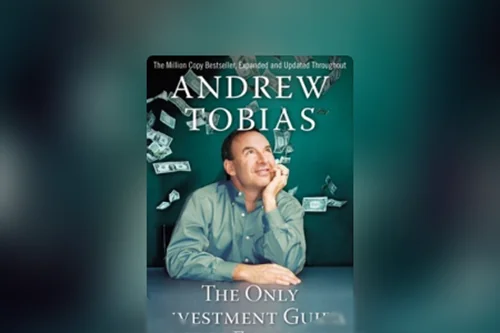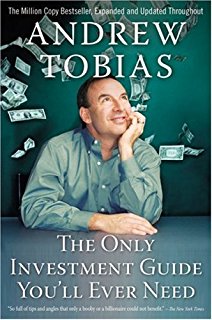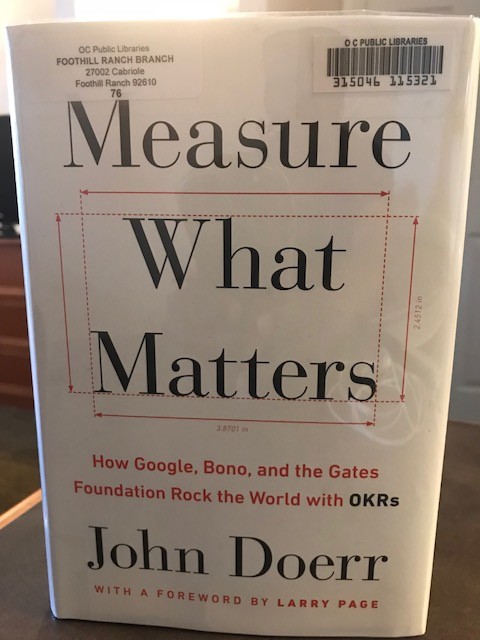The Only Investment Guide you’ll ever need – Andrew Tobias
The Only Investment Guide you ‘ll ever need by Andrew Tobias is easily one of the best books I have ever read. Most of the investment/finance books are complex and hard to understand. I started reading one earlier and could not complete it (stayed away from finance books for a while). However this Investment guide is very simple and easy to understand. Reading this was like watching a fast paced movie and could not take my hands off it.
I have heard about a lot of things Andrew mentions in his book in the past. However never took it seriously. The simple way Andrew has presented it made me understand things better and forced me to take a look at my life-style and investments.
Roth IRA: The $5500 limit we need to take advantage of. I never knew what it was (though have vaguely heard about it in the past).
401K : Investing in 401K and its significance – Deferring Tax.
One big mistake a lot of folks do (including myself) – especially people coming from foreign countries to study and work in the US (and when they are not married) is not investing in tools like Roth IRA, 401K, IRA and more. The reason being, the Net Pay is reduced because of all these deductions. This is a grave mistake and wish I was smarter. This is not a deduction and an investment (especially when your company is contributing to your 401k plan). If you are a foreign student or working in the US on H1B , there are a lot of ways you could save on tax. Make use of the tips in this book.
At the end of the day, you are responsible for your money and investments. You might use a CPA(Certified Public Accountant) to file your taxes. However it is upto you to ask the right questions and do the research. Work on paying less tax.
One of the best advices from this book: Advise your 12 year old to setup a Roth IRA account. (Power of Compound Interest) – Invest from age 12 to 22 (the money your child earns) , and investing this in an IRA account compounding at 10% / year would be valued at $1.5M when your child is 70. Wow!
The notes outlined below is also a good way for me to recollect my learnings (and put into practice 🙂 This is not an exhaustive list – (would need to read the book again and update).
- Pay off your credit cards (simplest way to earn 18-20% on your money)
- Use credit cards that pay you (the one’s that give you cash back or frequent flyer miles)
- Buy a used car “The new car smell is the most expensive fragrance in the world) {Applies in the US} and folks in India may not prefer the same.
- Home Equity Loans are like huge credit cards (however they carry little interest rates compared to your regular credit cards)
- You want to borrow as little as possible, as cheaply as possible for as short a time as possible
- Diamonds are….Ridiculous
- No matter what to buy, pay attention as your order is rung up. It is good to double check your bills.
- Sparingly use more than 20% of your credit card limits
- By estimating your income low and expenses high you set yourself to succeed
- Write down the expenses incurred before you go to bed every night
- 20% of your paycheck to be deposited in an investment account you would never ever touch – Put the remaining 80% in a single checking account
- Spend less than what you make
- Money does make money and the rich get richer (unless they are not disciplined enough)
- Trust no one to manage your money (The experts in money management have their own interests in mind first)
- Do not respond to great sales people or flashy brochures. You research and make your decision on where to put your money (you control it)
- One great speculation is worth a lifetime of prudent investing
- How well are you diversified? What portion of your assets do you want to invest in stocks? What percentage do you want to keep safe and liquid?
- You shouldn’t be buying treasury bonds (with maturity date of over 10 years)
- Don’t expose your safe money to risk (in want of interest) , not prudent
- With two kids earning $2100 a year (you would save twice as much) – Andrew talks about the tax rates for dependent kids under 24
- Educational Savings Accounts (Coverdell Education Savings Account)
- 529 Plans (Savingforcollege.com)
- Term Life Insurance
- Invest in stocks only after all the basic investments and savings are taken care of (wealth could erode by over 50%)
- Two ways to make money in the stock market – Dividends and Capital Gains
- Index Funds
- Price / Earnings Ratio -(Finding a stock @ 12 times earnings that will grow as fast as the company with 35 times earnings)
- Spread your investments (Do not invest all at once)
- Diverting a portion of your paycheck to the market is a good idea
- When the interest rates falls, bond prices rise and vice versa. (This is the key to everything)
One of the best things I learnt from the book “A Penny Saved is a Penny Earned” – (we have heard this multiple times), However Andrew has outlined this well. Being Frugal, not purchasing on a loan, stocking things (cleaning powder/etc) at home (to prevent inflation/saving) – Though I do not like to stock at home (I see it go waste or unused / + takes storage space).
Ask for a discount :This is common, however often times we forget to ask or feel shy – Upon reading this book, one of the first things i did was call my Car Insurance company Geico and got my insurance rate lowered. (probably saved $100 or so over a year). These are simple things Andrew talks about.
If you have not lived or worked in the US, the investment tools mentioned in this book may not be relevant /easy to understand. However the book will be a great read. Andrew could write a book for the International Audience.
My only regret while or after reading this book was – “I wish i had read it sooner (when i was 20 years old)”. I am glad I read it now and Thanks Andrew Tobias for writing this classic and Thanks to Bill Gates for sharing his knowledge and recommending this as a read.





Leave a Reply